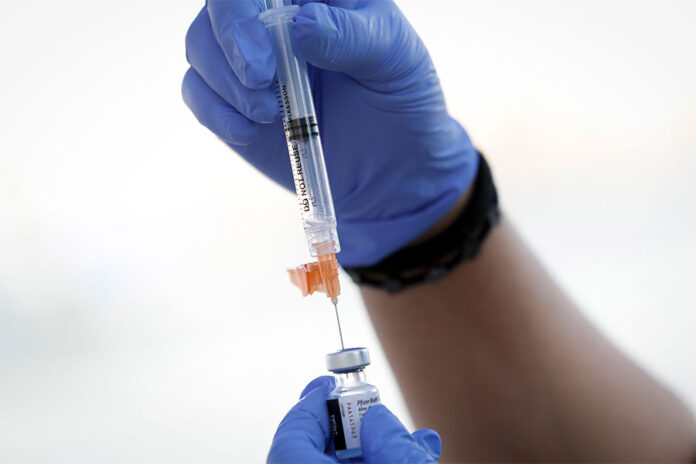By Lili Daliessio & Christina Gareis
Philadelphia-PA – It has been almost four years of living with the COVID-19. Recently we sat down with Dr. Jose Torradas. The goal of the interview is to inform families about the latest updates from the Center for Disease Control and Prevention (CDC), including new variants, treatments, and where to get the new vaccine, especially for those most at risk for severe illness and death from COVID-19.
UNDERSTANDING THE BASICS
Question: What is different about the updated COVID-19 vaccine compared to the last one?
Answer: The vaccines have been modified slightly to help our bodies recognize and protect against the newer version/variants of the virus. The virus changes/mutates almost continuously. The approved vaccines are from the same companies as before (Pfizer and Moderna). Additionally, there is a different type of COVID-19 vaccine that does not use mRNA (a newer technology used in Pfizer and Moderna vaccines) and uses a more traditional vaccine technology that has been used in many other vaccines, produced by a company called Novavax. (All boosters are now approved as of time of print)
Q: Does the new COVID-19 vaccine protect against the variants that are currently circulating?
A: They were developed to protect against the dominant variant at that time called XBB1.5. In June, 3 out of 10 cases in the US were XBB1.5 variants. The newest dominant variants (EG.5 and FL.1.5.1) are closely related to XBB1.5 and the booster vaccines are expected to offer good protection.
ELIGIBILITY
Q: Who is eligible for the updated COVID vaccine?
A: The CDC states that anyone from the age of 6 months or older without contraindications should get vaccinated. If you are uninsured or underinsured, there is the bridge access program, which helps people access free COVID-19 vaccination. More information is available at: https://www.cdc.gov/vaccines/programs/bridge/index.html
TIMING
Q: When is the best time to get the updated COVID-19 vaccine?
A: Every winter, cases of flu, COVID, and other respiratory illnesses increase. If you recently had COVID, the CDC states that you can consider waiting up to 3 months, but to speak with your medical team in case you have certain health conditions that would make you consider getting vaccinated earlier.
SIDE EFFECTS
Q: What are the typical side effects of the updated vaccine?
A: It may include mild muscle aches, joint pains, and low-grade fever. If you get vaccinated and have chest pain or shortness of breath, weakness, tingling, or numbness in your hands or feet, you should go to the hospital as could be rare side effects from vaccination. Mild side effects can generally be managed with over-the-counter medications like Acetaminophen or Ibuprofen, always with the approval of your medical team. It is extremely important to remember that Acetaminophen (in the USA) is the same as Paracetamol (in Latin American). These two drugs should NOT be taken together as an overdose can cause liver damage.
FINAL THOUGHT
I fully understand if after listening to this conversation you decide that COVID vaccination is not for me or my family. Beyond words, this is about actions. However, I and my entire family, many of us who are doctors, have gotten vaccinated. I vaccinate for myself, my family, my friends, and my community. Beyond that, if you go to a clinic this fall or winter, please wear a mask, especially if you are sick. We are short on healthcare personnel, and we also do not want to catch from others just from a doctor’s visit. Let’s all try to do our part.
Talk with your medical doctor.
Dr. Jose Torradas is an emergency medicine doctor who works at vybe urgent care in Philadelphia and is the President of Medicos Unidos (501c3), which focuses on developing and supporting health literacy, education, and clinical initiatives for underserved Spanish language communities.



















